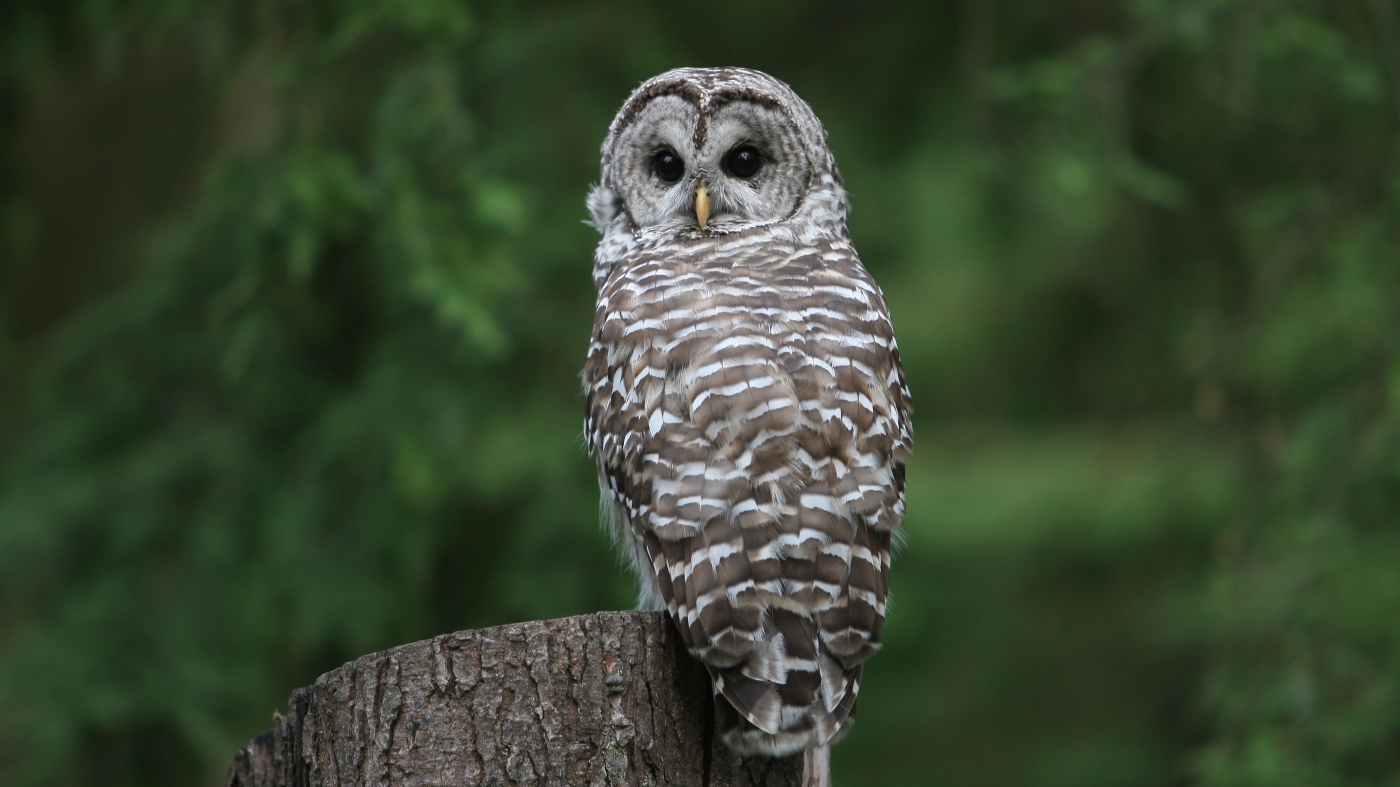Proposed Rule Change May Limit Endangered Species Protections
In a move that could reshape conservation efforts in the United States, the Trump administration has suggested a significant amendment to the Endangered Species Act. This proposal aims to redefine “harm” in a way that could restrict the Act’s ability to protect essential habitats.
On Wednesday, a new rule was proposed that would only consider actions directly harming or killing animals as violations. This change could potentially facilitate logging, mining, and construction activities in areas crucial to endangered species survival. The full proposal can be viewed here.
Brett Hartl, director of government affairs at the Center for Biological Diversity, emphasized the importance of addressing habitat loss, calling it “the biggest single cause of extinction and endangered species.” He criticized the proposed changes as “callous and reckless.” For more on habitat loss, click here.
Under current law, “take” is defined to include actions disrupting habitats critical for endangered species to feed, breed, or find shelter. This interpretation has been instrumental in safeguarding over 1,700 species since the Act’s inception in 1973. The protection of spawning grounds for the Atlantic Sturgeon and the preservation of old-growth forests for northern spotted owls and red-cockaded woodpeckers are notable examples. Further details on the Act’s history and impact can be found here.
In the 1990s, timber companies challenged this broad understanding of harm, but a Supreme Court ruling upheld the interpretation. Despite this, Justice Antonin Scalia voiced his opposition, suggesting “take” should only refer to direct actions against animals.
Referencing Scalia’s dissent, the Trump administration claims its proposal adheres to the “single, best meaning of the ESA.” Conservationists, however, argue that such a narrow definition overlooks indirect but significant impacts on species survival. Hartl illustrated this by describing a scenario where an oil and gas developer’s activities would prevent prairie chickens from mating, indirectly affecting their population.
The public is invited to comment on this proposed rule change within the next 30 days. The rule is expected to face legal challenges.
This article was originally written by www.npr.org





